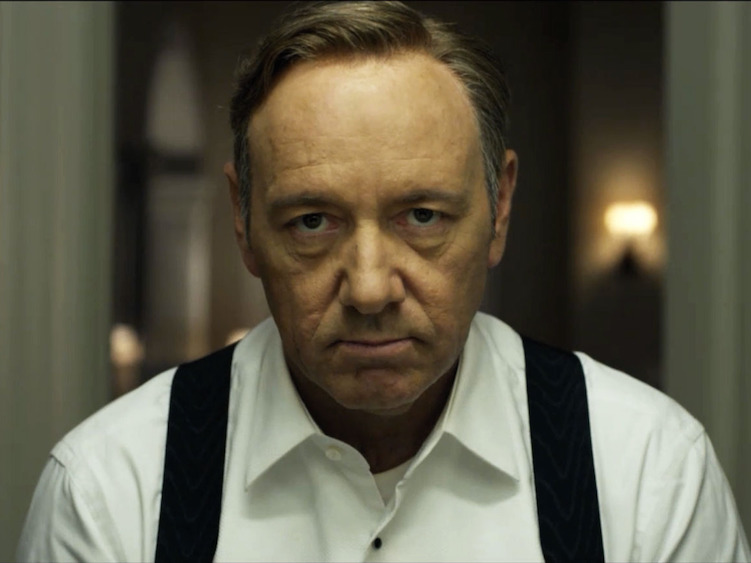Kevin Spacey Set To Avoid Major Sexual Assault Charges
While other cases linger, Kevin Spacey may be moving past this $40 million case.
This article is more than 2 years old

In September 2020, two individuals filed a lawsuit for sexual assault charges against Kevin Spacey. They were suing him for up to $40 million for assault, battery, and intentional infliction of emotional distress after both individuals allege they were assaulted by Space during the 1980s when both of them were underage boys. As part of that lawsuit, one of the plaintiffs wanted to remain anonymous. They were going by the pseudonym “C.D.”. Now, New York Federal Judge Lewis A Kaplan has denied C.D.’s motion to remain anonymous. C.D. has ten days to refile the suit under their legal name, but their counsel has said that their client has already decided they are not emotionally able to proceed with the suit and will discontinue their legal claims.
Remaining anonymous during lawsuits is a legal right plaintiffs have to protect a victim’s privacy rights. However, things can become complicated because the court system was originally designed with an open court system in mind. This still applies, even in such a public case as one involving an actor like Kevin Spacey. The judge’s ruling came with a 20-page letter outlining their decision. Their ruling includes a lot of discussion on Rule 10(a) of the Federal Rules of Civil Procedure. Every pleading in the court includes transcription that includes the names of those speaking. This rule is important because it keeps the courts open to the public.
The judge in the Kevin Spacey case acknowledged that these rules feel different today in the information age, where so much is online and, particularly in this case, paid more attention to than when these recordings used to sit in boxes in lonely storage rooms. Still, they said that the openness of the courts remains important and that the right to remain anonymous needed to meet enough of certain conditions. The judge ruled that C.D.’s motion for anonymity didn’t meet enough conditions.

Much of the judge’s decision was based on the number of times where C.D. had spoken to others about the assault. In November 2017, C.D. spoke to Vulture. C.D. detailed the alleged sexual assault he experienced at the hands of Kevin Spacey when they were 14 years old in the early 1980s. C.D. came forward and did this interview following Anthony Rapp coming forward with a similar story of events from 1986. Following the Vulture article, C.D. asked a friend to put them in contact with actor Anthony Rapp. He then discussed the possibility of a lawsuit against Kevin Spacey with Rapp.
The judge decided that with the Vulture article and the retelling of events to friends over the years, C.D. has already risked a loss of anonymity. While C.D. filed reports from medical professionals that detailed concerns about PTSD triggers and relapsing for C.D. in the light of public exposure during this lawsuit, the judge suggested that C.D. would experience that anyway because of the allegations against Kevin Spacey that they would be going over in court.

Judge Kaplan wrote, “C.D.’s privacy interest–despite the publicity that this case may generate–does not outweigh the prejudice to Spacey and the presumption of open judicial proceedings.”
While C.D.’s counsel has clearly said that they will not be moving forward with the case, Anthony Rapp hasn’t responded to requests for comments at this time. It’s unknown whether Rapp may decide to move forward with a new case.
These aren’t the end of Kevin Spacey’s legal troubles. He is facing sexual misconduct investigations on multiple fronts, including many allegations in the United Kingdom.












